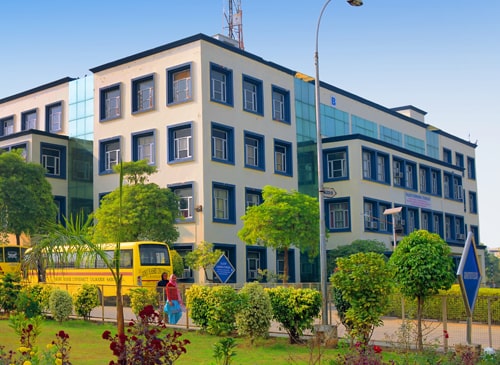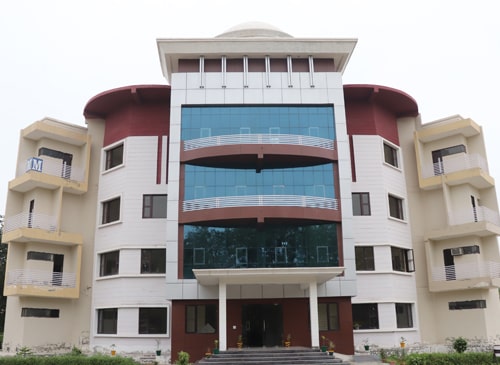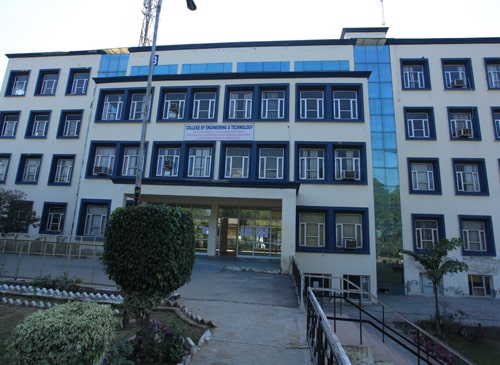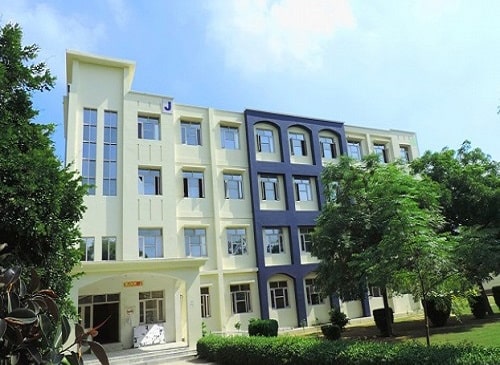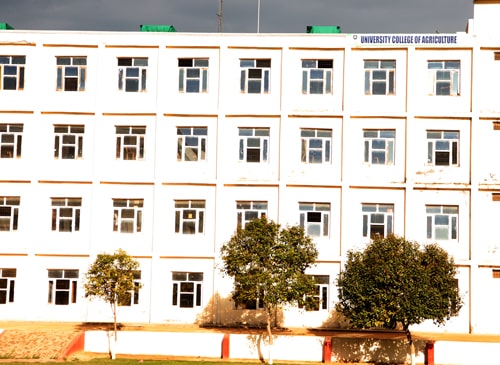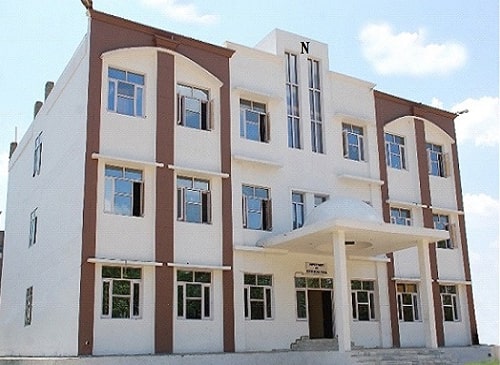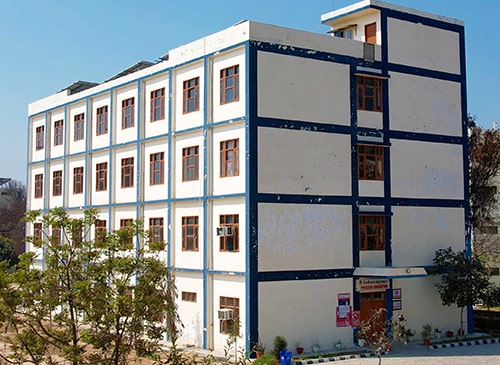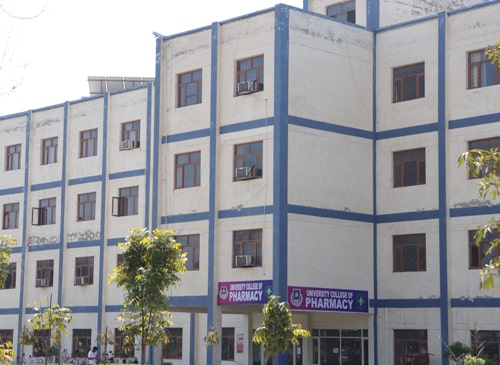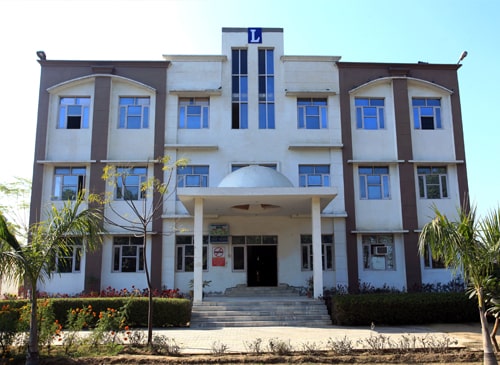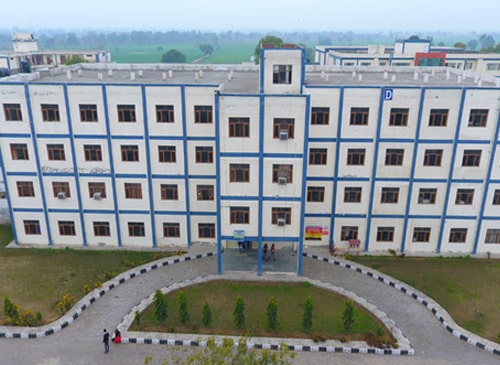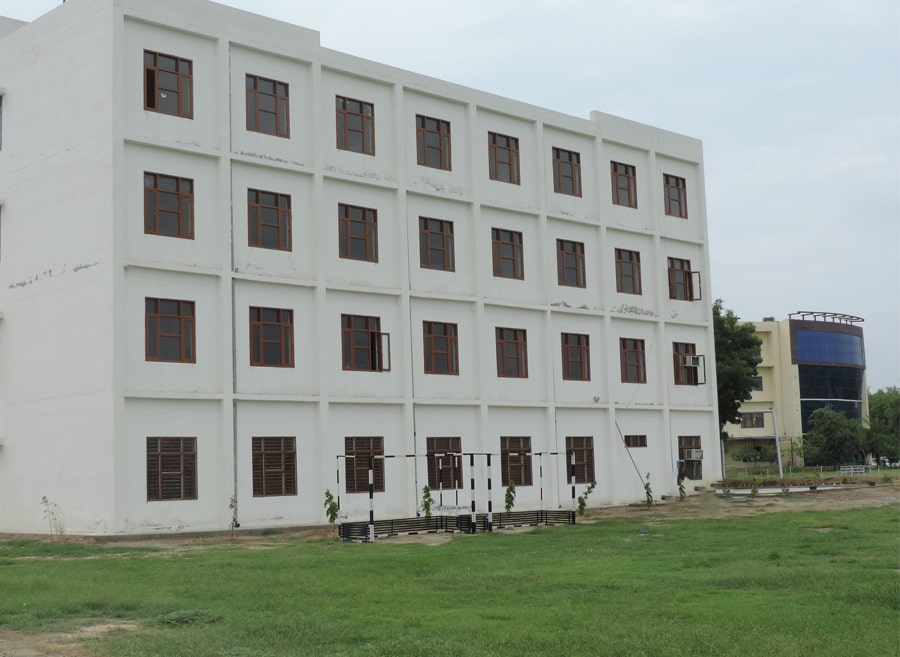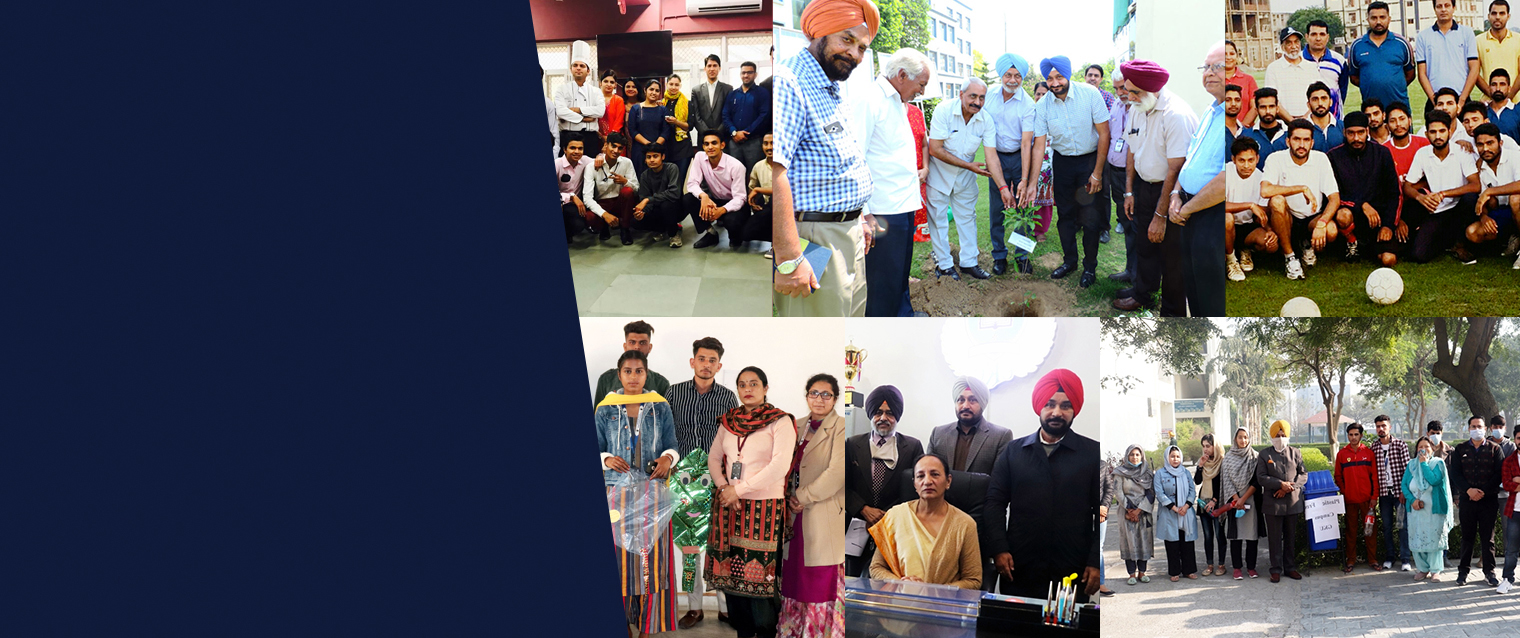Physiotherapy is essential in healthcare. It helps people with physical injuries or problems feel better and live better. In India, there's a growing need for skilled physiotherapists, which is why some excellent colleges offer specialized education in this field.
These colleges have excellent facilities for research and hands-on physiotherapy training. They're known for giving excellent education in physiotherapy. Physiotherapy courses in India train students through theoretical lessons and hands-on training in treatments and exercises aimed at restoring a patient's mobility. The degree in physiotherapy entry requirements is clearing the 10+2 exams with Chemistry, Physics, Biology, & English as the main subjects. Candidates should also score at least 50% in these exams. Guru Kashi University ranks among the top physiotherapy colleges in India. Most physiotherapy colleges conduct standard entrance tests, but some consider merit-based admissions.
Physiotherapy is a well-paying profession in the Paramedical field. A newer can expect to earn an annual salary of INR 2.60 lakhs. Sports Physiotherapists and Healthcare Consultants are two other high-paying professions within this field, with initial salaries ranging between INR 5.5 and INR 6 lakhs on average annually.


